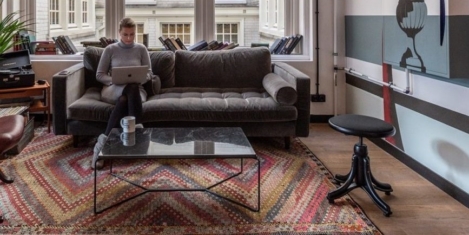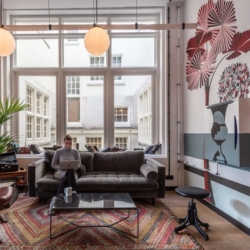To provide the best experiences, we use technologies like cookies to store and/or access device information. Consenting to these technologies will allow us to process data such as browsing behaviour or unique IDs on this site. Not consenting or withdrawing consent, may adversely affect certain features and functions.
The technical storage or access is strictly necessary for the legitimate purpose of enabling the use of a specific service explicitly requested by the subscriber or user, or for the sole purpose of carrying out the transmission of a communication over an electronic communications network.
The technical storage or access is necessary for the legitimate purpose of storing preferences that are not requested by the subscriber or user.
The technical storage or access that is used exclusively for statistical purposes.
The technical storage or access that is used exclusively for anonymous statistical purposes. Without a subpoena, voluntary compliance on the part of your Internet Service Provider, or additional records from a third party, information stored or retrieved for this purpose alone cannot usually be used to identify you.
The technical storage or access is required to create user profiles to send advertising, or to track the user on a website or across several websites for similar marketing purposes.
 In an open letter to the Business Secretary Alok Sharma, the CIPD, the professional body for HR and people development, is calling on the Government to introduce the right to bereavement leave and pay to all employees experiencing a close family bereavement. The call follows the introduction of Jack’s Law, a legal right to paid bereavement leave for working parents who lose a child under the age of 18, in April this year. (more…)
In an open letter to the Business Secretary Alok Sharma, the CIPD, the professional body for HR and people development, is calling on the Government to introduce the right to bereavement leave and pay to all employees experiencing a close family bereavement. The call follows the introduction of Jack’s Law, a legal right to paid bereavement leave for working parents who lose a child under the age of 18, in April this year. (more…)



































July 17, 2020
Your working day is never finished, merely abandoned
by Mark Eltringham • Comment, Flexible working, Technology